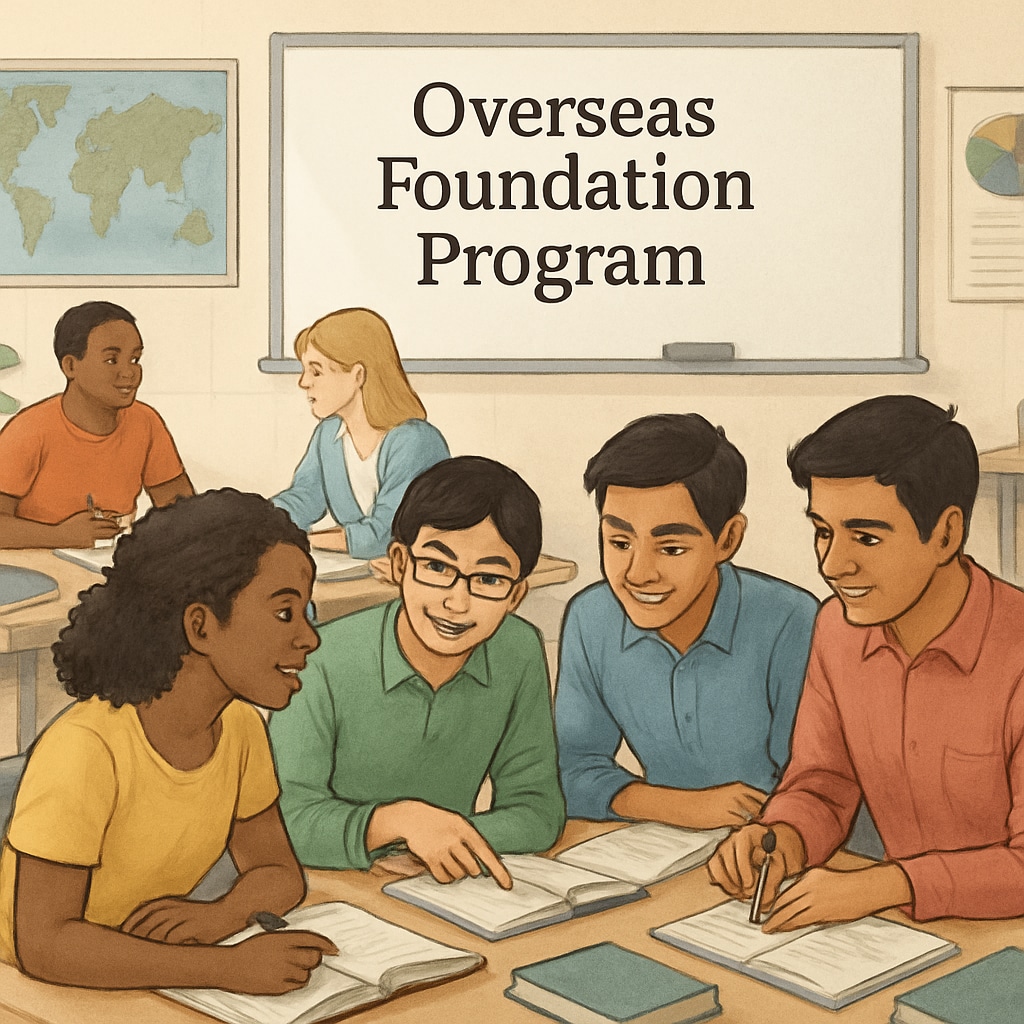For many students, A-Level exams mark a critical milestone in their academic journey. However, not everyone achieves the grades they aim for, leaving many at a crossroads when it comes to university admission. Should they retake their exams, enroll in a lower-ranked domestic university, or consider an overseas foundation year? Each option comes with its own set of pros and cons, making it essential to evaluate them thoroughly before making a choice.
Option 1: Retaking A-Level Exams
Retaking A-Level exams is often the first thought for students who believe they can achieve better results with additional preparation. While this option provides a second chance at meeting admission requirements for top universities, it also requires time, effort, and resilience.
- Pros: Students can aim for higher-ranked universities or specific programs that were previously out of reach. Retaking also demonstrates perseverance to future employers or academic institutions.
- Cons: Retakes can be stressful and time-consuming, delaying university entry by at least a year. There’s also no guarantee of improved grades, which can lead to further disappointment.
For those considering this path, it’s crucial to assess whether they can realistically improve their performance and if the additional year aligns with their long-term goals.

Option 2: Attending a Lower-Ranked Domestic University
Another option is to enroll in a domestic university with lower entry requirements. While it may not have the prestige of higher-ranked institutions, this choice offers the chance to begin university life without delay.
- Pros: Students can start their higher education journey immediately and gain access to resources, networks, and opportunities available in universities.
- Cons: Lower-ranked universities may not offer the same level of academic rigor or reputation, which could impact future career prospects. Students may also face a sense of dissatisfaction if the institution doesn’t meet their expectations.
This option suits students who value progress over prestige and are willing to make the most of the opportunities available to them, regardless of rankings.
Option 3: Overseas Foundation Year Programs
Foundation year programs (also known as preparatory courses) are designed to help students bridge the gap between their current qualifications and university entry requirements. Many students choose to complete these programs overseas, gaining an international educational experience in the process.
- Pros: Overseas foundation programs often lead to direct admission into reputable universities. They also provide exposure to diverse cultures and educational systems, which can enhance personal growth and employability.
- Cons: These programs can be expensive, and students must adapt to living and studying in a new country. Additionally, the transition to a full degree program may still be competitive, depending on performance in the foundation year.
For students with the financial means and a sense of adventure, this option opens doors to global opportunities and a fresh academic start.

Key Considerations When Making a Decision
When choosing between these paths, students should consider several factors:
- Personal Goals: What are your long-term career and educational objectives? Does the chosen option align with them?
- Financial Resources: Can you afford the costs associated with retakes, foundation programs, or university tuition?
- Emotional Readiness: Are you prepared for the challenges each option brings, whether it’s the stress of retakes or adapting to a new environment?
- Support Systems: Do you have access to family, mentors, or counselors who can guide you through this transition?
Ultimately, there is no one-size-fits-all solution. Each student must weigh their options carefully, keeping both short-term needs and long-term aspirations in mind.
Conclusion
Facing setbacks in A-Level exams can be disheartening, but it doesn’t have to define your academic future. Whether you choose to retake exams, attend a lower-ranked university, or pursue an overseas foundation program, each path offers unique opportunities for growth and success. By evaluating your goals, resources, and readiness, you can make an informed decision and take confident steps toward the next chapter of your educational journey.
As a reminder, setbacks are not the end of the road—they are simply redirections. With determination and the right strategy, you can navigate this crossroads and achieve your aspirations.


